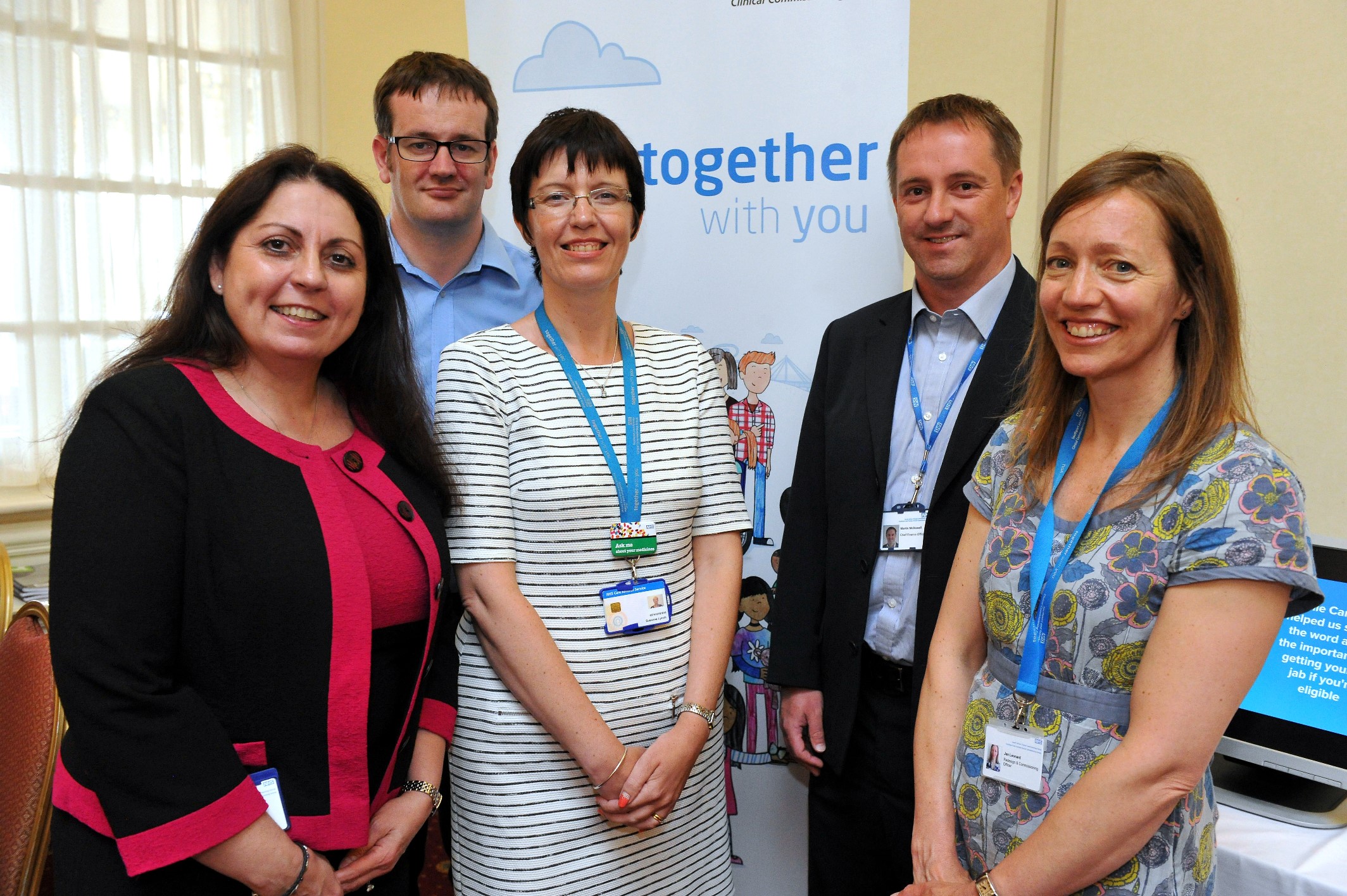CCG on its annual assurance results
Monday, July 25, 2016

Healthcare commissioners in Southport and Formby say the results of the latest NHS England annual assurance assessment of clinical commissioning groups (CCG) reflect the challenges facing the local NHS, after being amongst 26 receiving an ‘inadequate’ rating.
Keen to involve residents in its plans, NHS Southport and Formby CCG discussed some of these challenges at its recent public Big Chat event. The discussions focused on how the CCG can continue to commission high quality care into the future and at the same time make services more efficient.
Dr Rob Caudwell, chair of NHS Southport and Formby CCG, said: “We are operating in an extremely challenging environment and NHS England’s assessment, whilst disappointing, does reflect this. We are already working hard to address these challenges and alongside this we are continuing to speak with our residents and partners about how we can make services more efficient and effective for our patients in such a financially demanding time.”
NHS England’s assessment highlighted areas of good practice including achieving waiting times for referral to treatment and cancer, in addition to having no reported cases of the hospital acquired infection, MRSA. However, key areas of challenge focused on the CCG’s financial position and the performance of urgent care services.
“Demand for services is increasing, as is the cost of those services. Coupled to this, we have a higher than average number of older residents with complex health needs and we also have new responsibilities that we must pay for from our budget, which has not increased in real terms.
“We have to find savings of just under £13 million this year to meet our statutory financial duty to break even, so like all other public services this will mean we have some difficult decisions to make in the months ahead and the views of our local residents are vital in moving this work forward. We are already working hard on our improvement plans and feel that there are opportunities where we can make quality changes at the same time as achieving savings, with around £5 million alone from safer prescribing processes and reducing the amount of wasted medicines.”
All CCGs that are assessed as inadequate are subject to extra conditions from NHS England, called legal directions, to support their improvement. This means that the CCG will continue to implement its agreed plan, largely focusing on its financial position.
“We know that services need to change the way they operate if they are to remain effective and efficient, so they can continue to meet the needs of our residents into the future. Our Shaping Sefton programme focuses on how, working together with our partners, we can better join up services across health and care to address this.
“It’s more important than ever that we prioritise the money we are allocated effectively, to ensure that all our patients have continued access to high quality, essential health services when they need them.”
One of the sessions at the recent Big Chat event explored how the CCG might reduce the cost of wasted medicines in Sefton, which is enough to fill two and a half double decker buses. This money could be better spent on at least 79 more nurses or 539 hip replacements in Sefton.
Other sessions focused on how medical evidence can be better used to ensure resources are prioritised on those services that offer the best outcomes for patients, and how new ways of working in GP practices could enable patients to be seen by the right professional first time, allowing doctors to concentrate on those people who need their care the most.
Find out more about the CCG's Shaping Sefton programme and its Big Chat events.
You can read more about the annual assurance process on the NHS England website or visit our CCG performance page.





